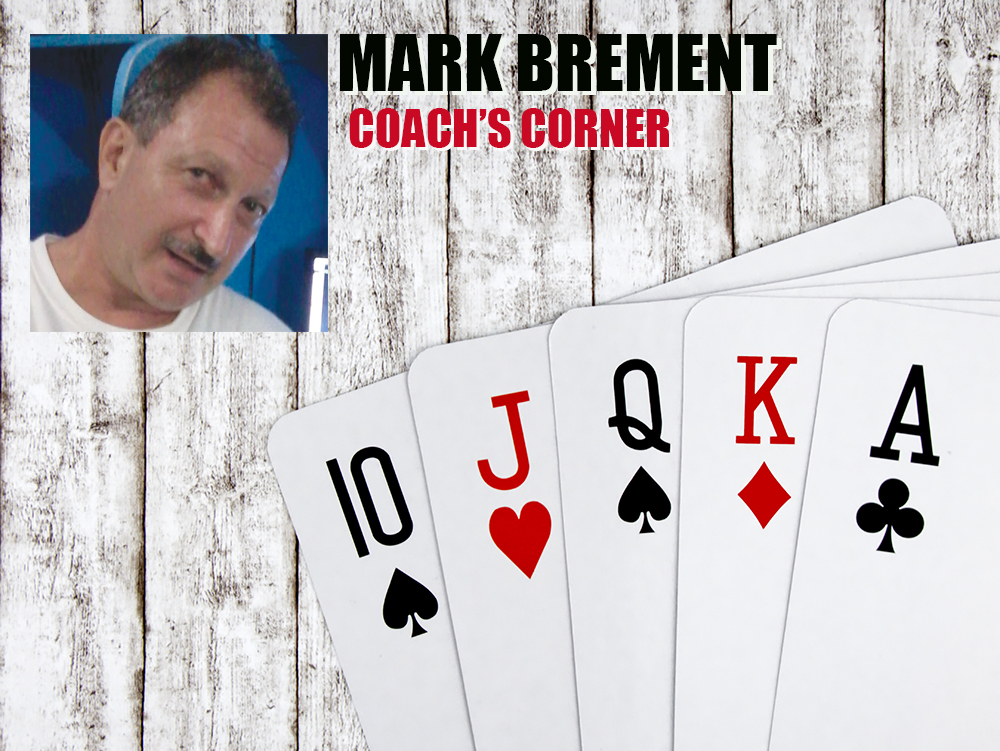More than 120K players entered World Series of Poker events this summer in Las Vegas. Millions watched the final table of the main event, which I enjoyed because it aired with a 30-minute delay, allowing us to watch the players in “real time” and explore the nuances of tournament play. Many hands played out as raise-and-take-it pots, which would be boring to a non-player, but it’s these hands that set up the action in on future hands. I have several observations about the final table and I hope this will help you grow your game.
OBSERVATION NO. 1: Utility of money had a great effect on the overall play at the final table. Players often are faced with decisions that involve this concept.
For example, when a tournament hits the bubble stage of play, most players tighten up their play. The reason? No one wants to finish out of the money.
Conversely, more skilled tournament pros take advantage of this and pick up many unchallenged pots during bubble play. Players simply don’t want to risk getting eliminated.
Something similar happened at the final table. While there was awesome talent at that table, play began to mimic bubble play.
The idea of chipping up for an extra $200K kept the play ultra-tight. Again, the same concept of bubble play was in effect.
Simply put, the utility of money played a major role on the decisions the players were making. Can you blame them? $200K is a big deal. But there was one player who was not at all concerned about that. After all, ninth place paid $1M.
OBSERVATION NO. 2: It must be obvious to anyone who watched the event that there was one player who was having a grand time. Utility of money was working to his advantage. John Hesp, 64, had the time of his life, picking up all the loose chips. He came close to winning the whole thing as he chipped up to leader.
His unconventional style and his happy demeanor were a perfect combination to face the more talented foes. He finished fourth for $2.4M. Please don’t take this the wrong way, Mr. Hesp, but you clearly had the least knowledge of optimal game theory tournament poker.
OBSERVATION NO. 3: Scott Blumstein played great. In his interview after the win, he mentioned he had a coach. His short-handed play and his heads-up play were far superior to that of his opponents.
He came prepared. Understanding short-handed play must be a critical component to take your game to the next level. Get yourself a coach; it will pay off in spades.
— Mark Brement has spent 15 years teaching and coaching all facets of poker, including at Pima CC. Email him at brementmark@gmail.com.




